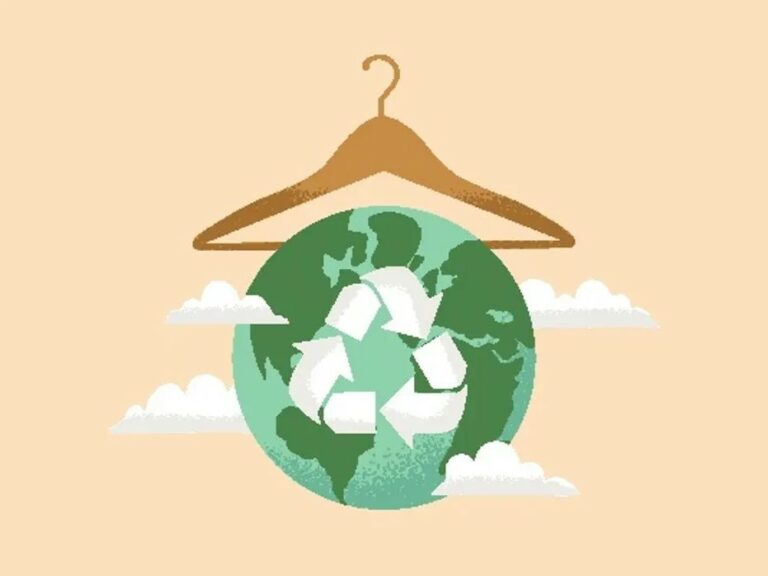
(blogging article)
In recent years, ethical fashion has emerged as a critical topic in the global conversation surrounding sustainability and social responsibility. As consumers become increasingly aware of the environmental and social impacts of the fashion industry, there’s a growing demand for transparency and accountability from clothing brands.
However, navigating the complex landscape of ethical fashion can be challenging, and it’s essential to understand the truths behind the industry’s practices.
One of the fundamental principles of ethical fashion is transparency. This means that clothing brands should openly disclose information about their supply chains, production processes, and the treatment of workers. Transparency allows consumers to make informed choices about the clothes they buy and hold brands accountable for their actions.
Unfortunately, achieving full transparency is often easier said than done. Supply chains in the fashion industry can be long and convoluted, with multiple layers of subcontracting and outsourcing. As a result, many brands struggle to trace the origins of their products back to the source, making it challenging to ensure ethical practices at every stage of production.
One of the most significant concerns in the fashion industry is the treatment of workers, particularly those in developing countries where garment production is outsourced. Reports of sweatshops, unsafe working conditions, and exploitation of labor are distressingly common. Ethical fashion advocates argue that workers deserve fair wages, safe working conditions, and the right to unionize.
While some brands have taken steps to improve labor conditions, many companies continue to prioritize profit margins over the well-being of workers, leading to ongoing labor abuses and human rights violations.
Beyond labor rights, ethical fashion also encompasses environmental sustainability. The fashion industry is notorious for its significant environmental footprint, including pollution, water consumption, and greenhouse gas emissions. Ethical fashion seeks to minimize these impacts through sustainable practices such as using organic or recycled materials, reducing waste, and implementing eco-friendly production processes.
While the fashion industry still has a long way to go, there are reasons for optimism. Ethical fashion is gaining momentum, driven by a growing awareness among consumers and pressure from advocacy groups. More brands are committing to transparency, sustainability, and ethical labor practices, signaling a positive shift in the industry.


























































Залишити відповідь